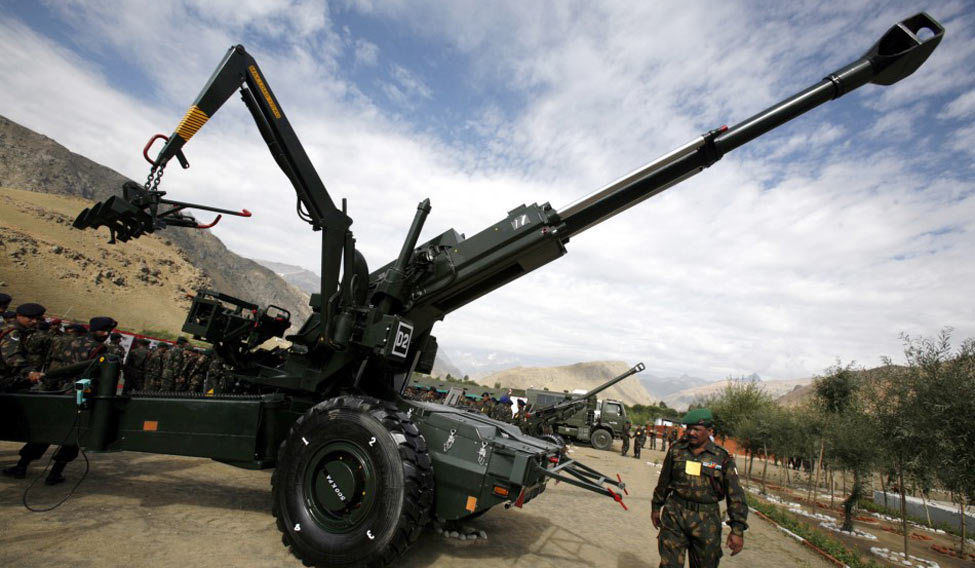In a fresh turn of events, the Supreme Court today agreed to hear an appeal filed by BJP leader Ajay Kumar Agarwal challenging a 2005 Delhi High Court order quashing charges against Europe-based industrialists—the Hinduja brothers—in the politically-sensitive Bofors pay-off scam case.
A bench comprising Chief Justice Dipak Misra and Justices A.M. Khanwilkar and D.Y. Chandrachud said it would list the appeal for hearing in the week commencing from October 30 this year.
The order came on an interim application filed by Agarwal seeking early hearing and adjudication of the appeal filed against the Delhi High Court order in the Rs 64-crore scam case.
The CBI, which investigated the scam case, had not filed any appeal in the top court against the quashing of charges against certain accused within the stipulated 90-day period.
Agarwal, in his personal capacity, filed the appeal that was admitted by the apex court on October 18, 2005.
The Rs 1,437-crore deal between India and the Swedish arms manufacturer AB Bofors for the supply of 400 pieces of 155mm Howitzer guns for the Indian Army was sealed on March 24, 1986. The Swedish Radio had on April 16, 1987 claimed that the company had paid bribes to top Indian politicians and defence personnel.
The CBI had on January 22, 1990 registered the FIR for the alleged offence of criminal conspiracy, cheating, forgery under the Indian Penal Code and other sections of the Prevention of Corruption Act against Martin Ardbo, the then President of AB Bofors, alleged middleman Win Chadda and the Hinduja brothers.
The CBI had alleged that certain public servants and private persons in India and abroad had entered into a criminal conspiracy between 1982 and 1987 in pursuance of which the offences of bribery, corruption, cheating and forgery were committed.
The first charge sheet in the case was filed on October 22, 1999 against Chadda, Ottavio Quattrocchi, then Defence Secretary S.K. Bhatnagar, Ardbo and the Bofors company. A supplementary charge sheet against the Hinduja brothers was filed on October 9, 2000.
A special CBI court in Delhi had on March 4, 2011, discharged Quattrocchi from the case saying the country cannot afford to spend hard-earned money on his extradition which has already cost Rs 250 crore.





